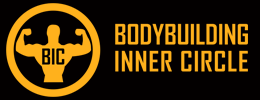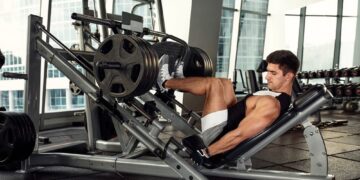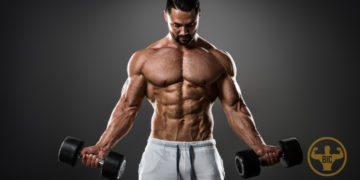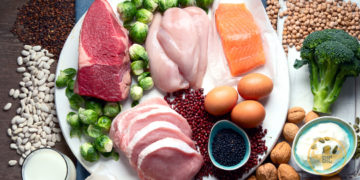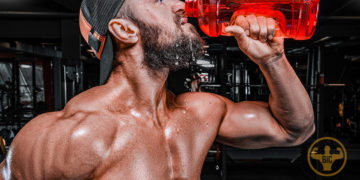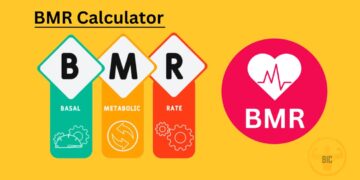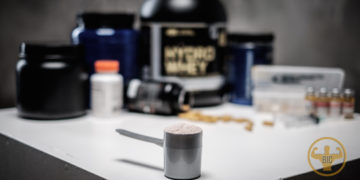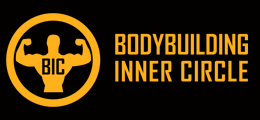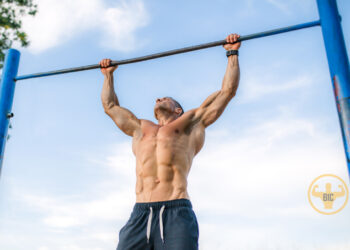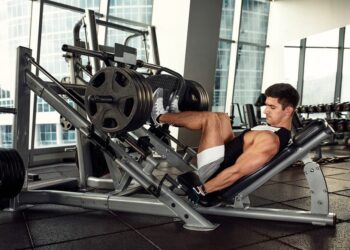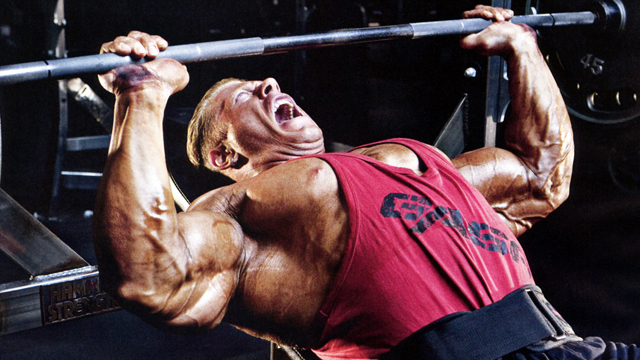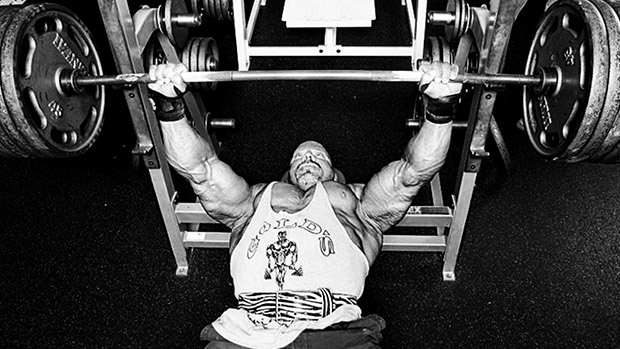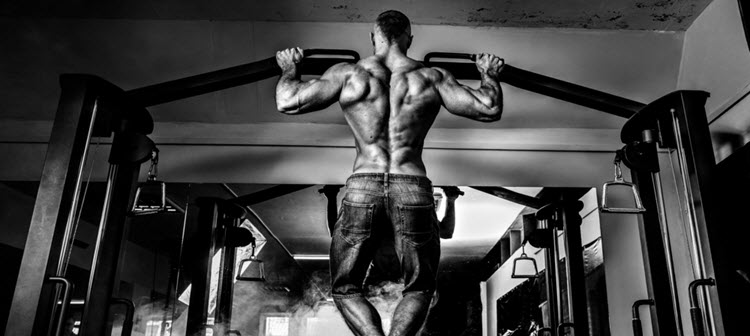 Are you looking to improve your athletic performance training? Whether you’re a weekend warrior or a professional athlete, we have the ultimate guide to help you reach your goals! In this guide, we will discuss everything from nutrition and hydration to strength training and injury prevention. We’ll also provide tips on how to stay motivated and push through plateaus. Follow our advice, and you’ll be well on your way to becoming a better athlete!
Are you looking to improve your athletic performance training? Whether you’re a weekend warrior or a professional athlete, we have the ultimate guide to help you reach your goals! In this guide, we will discuss everything from nutrition and hydration to strength training and injury prevention. We’ll also provide tips on how to stay motivated and push through plateaus. Follow our advice, and you’ll be well on your way to becoming a better athlete!
Nutrition and hydration
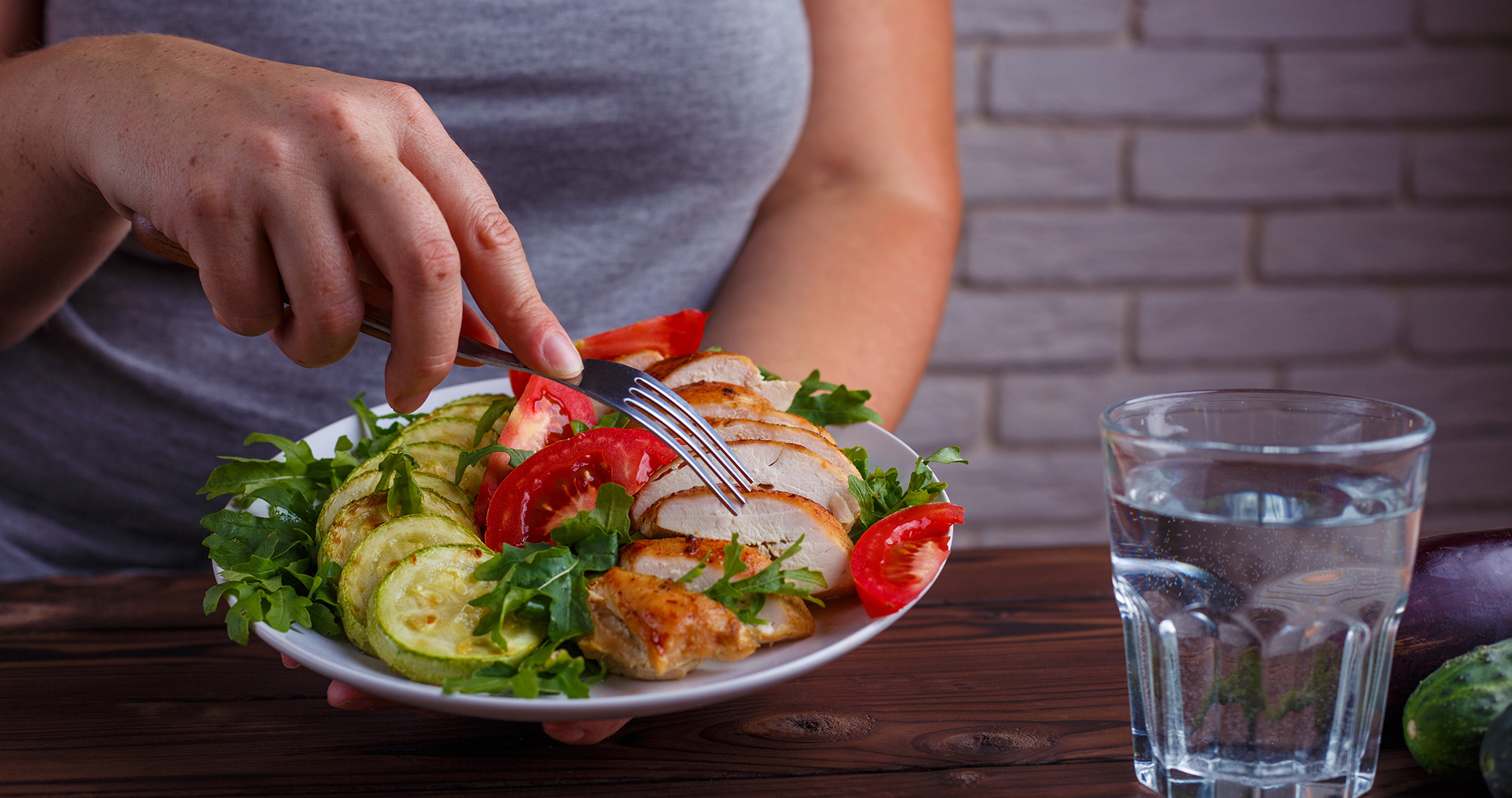
If you’re serious about improving your athletic performance, then you need to start with the basics: nutrition and hydration. Eating a healthy diet is crucial for providing your body with the nutrients it needs to function at its best. And staying properly hydrated is key to maintaining optimal physical and mental performance. Make sure you’re getting enough calories from healthy sources of carbohydrates, protein, and fat. And drink plenty of fluids throughout the day to stay hydrated.
Sports Supplements to include:
– Creatine
– Beta alanine
– Caffeine
– Nitric oxide
– BCAAs
– Glutamine
Proteins are the building blocks of muscle, so it’s no surprise that athletes need more protein than sedentary people. The recommended dietary allowance (RDA) for protein is 0.36 grams per pound of body weight. So if you weigh 180 pounds, you should aim for 64 grams of protein per day. However, some experts recommend that athletes consume up to twice the RDA for protein. If you’re looking to build muscle, then you may need to consume even more protein. For bodybuilding we recommend 1 to 2 grams per pound of bodyweight. You’ll need to experiment with this over time to see what is working without gaining to much fat. A good way to get additional protein is through supplements such as protein powder.
Creatine is a substance that’s found naturally in the body, and it’s also available in supplement form. Creatine has been shown to improve athletic performance, so it’s a popular choice among athletes. This is one over the counter supplement THAT ACTUALLY WORKS!
Beta-alanine is another substance that’s found naturally in the body. It’s also available as a supplement, and it’s been shown to improve athletic performance.
Caffeine is a stimulant that can improve alertness and physical performance. As a pre workout 200mg of caffeine on an empty stomach can help push you through fasted cardio or a muscle blasting workout.
Nitric oxide is a gas that’s produced naturally in the body. It relaxes blood vessels and improves blood flow. Nitric oxide supplements have been shown to improve exercise performance. L Arginine is one of the most popular and can be found at most online and instore providers including regular grocery stores.
BCAAs are amino acids that are found naturally in protein-rich foods such as meat and eggs. BCAAs are also available in supplement form, and they’ve been shown to improve exercise performance. If you goal is to build muscle you will be want to include Lucien as one of your #1 supplements to include in your shopping list.
Glutamine is an amino acid that’s found naturally in the body. It’s also available as a supplement, and it’s been shown to improve exercise performance.
If you’re looking to improve your athletic performance, then consider adding some or all of these supplements to your diet. Protein, creatine, beta-alanine, caffeine, nitric oxide, BCAAs, and glutamine have all been shown to improve exercise performance.
Strength training
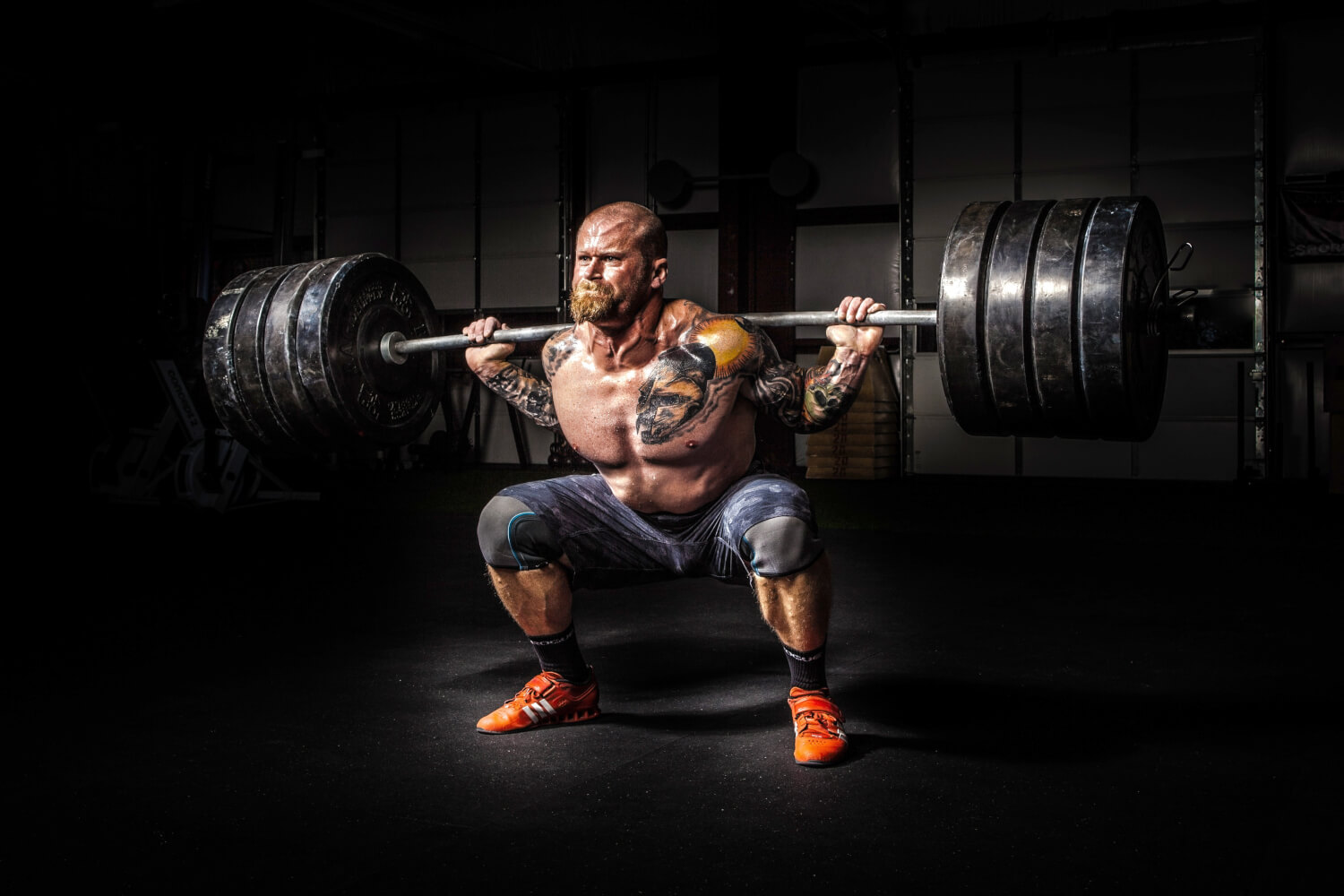
In addition to nutrition and hydration, strength training is another important component of improving athletic performance. Strength-training can help improve muscle power, which can lead to better results on the field or court. It can also help reduce the risk of injuries by making muscles and connective tissues stronger. Try incorporating strength-training into your routine two to three times per week.
If you’re interested in some our best and most recommended Bodybuilding Programs see these posts———-
Injury prevention

Injury prevention is another important aspect of improving athletic performance. No matter how strong and well-conditioned you are, injuries can still happen. But there are steps you can take to minimize the risk. Be sure to warm up properly before physical activity and cool down afterwards. And always listen to your body – if something doesn’t feel right, don’t push through the pain.
Stretching exercises are important for both injury prevention and improved flexibility and range of motion. Try to do static stretches for the major muscle groups you’ll be using during your activity – legs, back, chest, and shoulders – at least once per day. And be sure to warm up by doing some light cardio and dynamic stretches before physical activity to get your muscles loose and reduce the risk of injury.
PRO TIP: Warm your muscles up BEFORE you stretch. Stretching a cold muscle is a good way to encourage injury. Warm the muscle up first by doing some light movements. SHOULDERS EXAMPLE: Do some arm circles until the muscle is nice and warm or take some very light weights (for example purposes 2.5 to 5lbs, yes even for you big guys) and do side lateral raises very high rep, even up to 100 reps and make sure your muscle is hot before you start to stretch the muscle. Stretch the muscle in between sets and end the workout with the extreme stretch protocol laid out in our post HERE————-
Set realistic goals
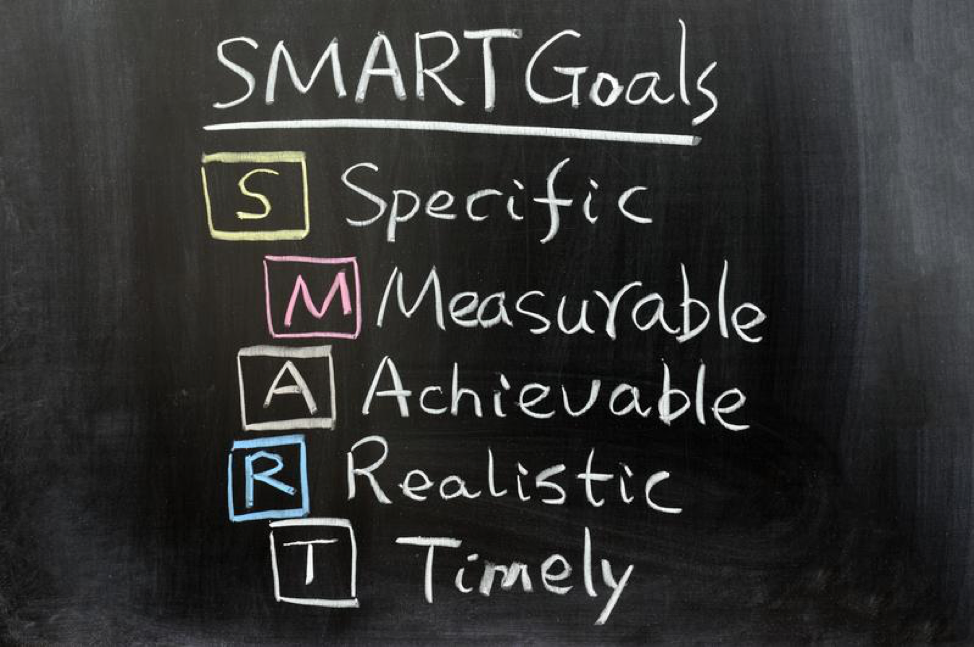
To help you stay motivated on your journey to becoming a better athlete, set realistic goals and track your progress. Write down what you want to accomplish and make a plan for how you’re going to get there. Then, keep track of your progress along the way so you can see how far you’ve come. Celebrate each accomplishment, no matter how small, and keep pushing yourself to reach new heights!
Rest and recovery

An important part of any workout routine is rest and recovery. After all, it’s during these times that your body repairs itself and gets stronger. Make sure you’re getting enough sleep each night – aim for seven to eight hours – and take at least one day off from exercise per week to give your body a chance to recover. You can also incorporate active recovery days into your routine – instead of doing a strenuous workout, go for a light jog or do some yoga to help your body recover and prevent injuries.
Following a proper nutrition and hydration plan, strength training, and injury prevention routine are the key components to improving your athletic performance. Set realistic goals, track your progress, and incorporate active recovery days into your routine to help you reach your full potential.
With dedication and hard work, you can be the best athlete you can be!
